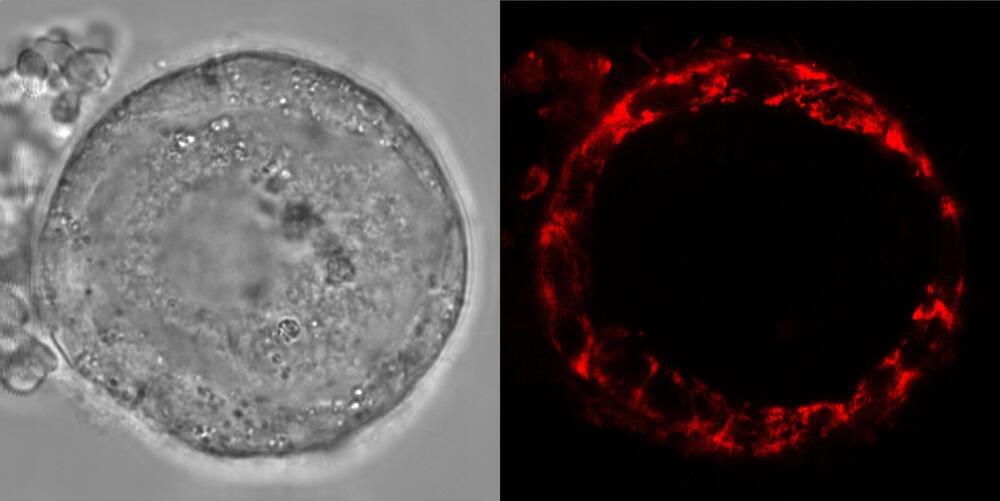Immature human egg cells skip a fundamental metabolic reaction thought to be essential for generating energy, according to the findings of a study by researchers at the Center for Genomic Regulation (CRG) published today in the journal Nature.
By altering their metabolic activity, the cells avoid creating reactive oxygen species, harmful molecules that can accumulate, damage DNA and cause cell death. The findings explain how human egg cells remain dormant in ovaries for up to 50 years without losing their reproductive capacity.
“Humans are born with all the supply of egg cells they have in life. As humans are also the longest-lived terrestrial mammal, egg cells have to maintain pristine conditions while avoiding decades of wear-and-tear. We show this problem is solved by skipping a fundamental metabolic reaction that is also the main source of damage for the cell. As a long-term maintenance strategy, its like putting batteries on standby mode. This represents a brand new paradigm never before seen in animal cells,” says Dr. Aida Rodriguez, postdoctoral researcher at the CRG and first author of the study.
